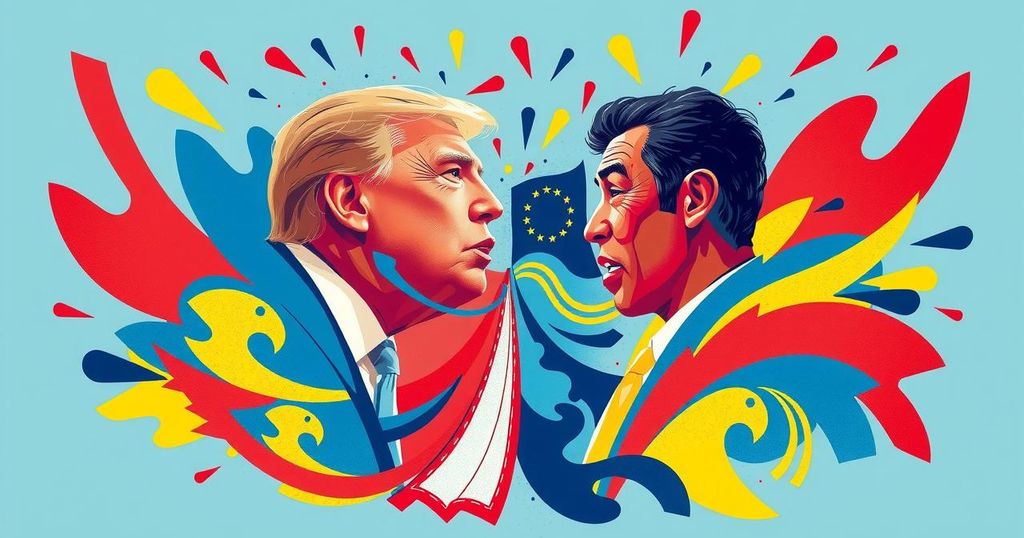Bangladesh Elections: BNP Criticizes Muhammad Yunus for April 2026 Proposal

The BNP criticizes Chief Adviser Muhammad Yunus for suggesting elections be held in April 2026, insisting instead on a December 2025 date. This disagreement illustrates increasing tensions in Bangladeshi politics and highlights the urgency of restoring public confidence in the electoral process amidst concerns of instability.
In a controversial move, the Bangladesh Nationalist Party (BNP) has sharply criticized Chief Adviser Muhammad Yunus for suggesting that the upcoming elections may not occur until April 2026. The BNP is pressing for the interim government to schedule elections by December 2025. This disagreement highlights the growing tensions surrounding the election timeline, as parties jockey for position ahead of what many consider a crucial moment for Bangladesh’s democracy.
The BNP has called Yunus’ proposal both unrealistic and unacceptable, emphasizing the need for a more immediate electoral process. The party’s leadership argues that a significant delay could lead to further instability and dissatisfaction among the populace. Many are worried that such a long wait might foster an environment of distrust in the democratic process, raising questions about the interim government’s intentions.
Upcoming elections are vital not just for domestic politics but also for international observers, with the world closely monitoring Bangladesh’s approach to its electoral integrity. The BNP’s push for a December election reflects a deep-seated belief in the urgency of restoring public confidence in governance. By contrast, Yunus’ suggestion appears to resonate differently among various political factions, stirring discord rather than consensus.
This situation unfolds amid ongoing political unrest and shifting public sentiments regarding the government and its operations. Critics of the current administration argue that the timing and execution of elections are pivotal for ensuring a fair and peaceful transition of power. The opposition’s stance serves as a reminder of the delicate balance of power and the potential repercussions of delayed elections in a region known for its volatility.
The debate surrounding the election timeline in Bangladesh exemplifies the wider struggles within its political landscape. While Muhammad Yunus proposes an April 2026 date, the BNP is advocating for December 2025 elections, highlighting fears of instability and public discontent. As tensions rise, the situation remains dynamic, with much at stake for the country’s democratic processes. The need for timely elections is accentuated by the political climate, underscoring the importance of public trust in governance moving forward.
Original Source: www.wionews.com




